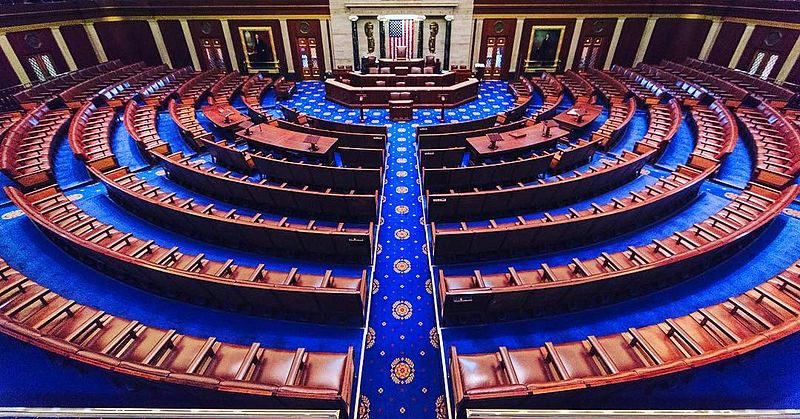
The US House of Representatives has taken a crucial step toward preventing a government shutdown set to commence at midnight (05:00 GMT). House Speaker Kevin McCarthy introduced a
temporary funding bill, which has been approved, offering a 45-day reprieve from the impending crisis. Notably, the bill does not include US aid for Ukraine, a point of contention among lawmakers.
This temporary solution was prompted by a rebellion among hard-line Republicans who hold sway in the House. However, for the bill to become law, it still requires the approval of the Senate and the President's signature.
It's worth noting that Democrats have only a one-seat majority in the Senate, and the absence of US aid for Ukraine may complicate matters there.
Should an agreement not be reached, the United States could face its fourth government shutdown in the past decade, with far-reaching consequences affecting various sectors, from air travel to the issuance of marriage licenses. Most government employees would be placed on unpaid furlough, and certain food assistance programs could grind to a halt.
Despite numerous attempts to forge a consensus on a new federal funding package, a resolution has proven elusive.
The temporary extension, known as a continuing resolution (CR), necessitated the support of two-thirds of the House to pass due to its fast-track nature designed to beat the looming midnight deadline.
The current US funding package is slated to expire on October 1st, coinciding with the start of the US federal government's fiscal year. Without a new agreement in place, thousands of federal workers nationwide, including members of the armed forces, air traffic controllers, and childcare center staff, would face unpaid leave.
The compromise reached by both Republican and Democratic senators includes provisions for aid to Ukraine in its battle against invading Russian forces, in addition to US disaster assistance.
Kevin McCarthy, facing pressure from hard-right Republicans, had previously refrained from presenting a bill to the full House, including the Senate's provisions. Instead, his efforts to secure approval for a Republican-drafted short-term spending bill on Friday failed, with 232 votes against and 198 in favor. Notably, more than a dozen of the staunchest Republican representatives voted against its passage, highlighting the complexities of the situation. Photo by Office of the Speaker of the House, Wikimedia commons.











































